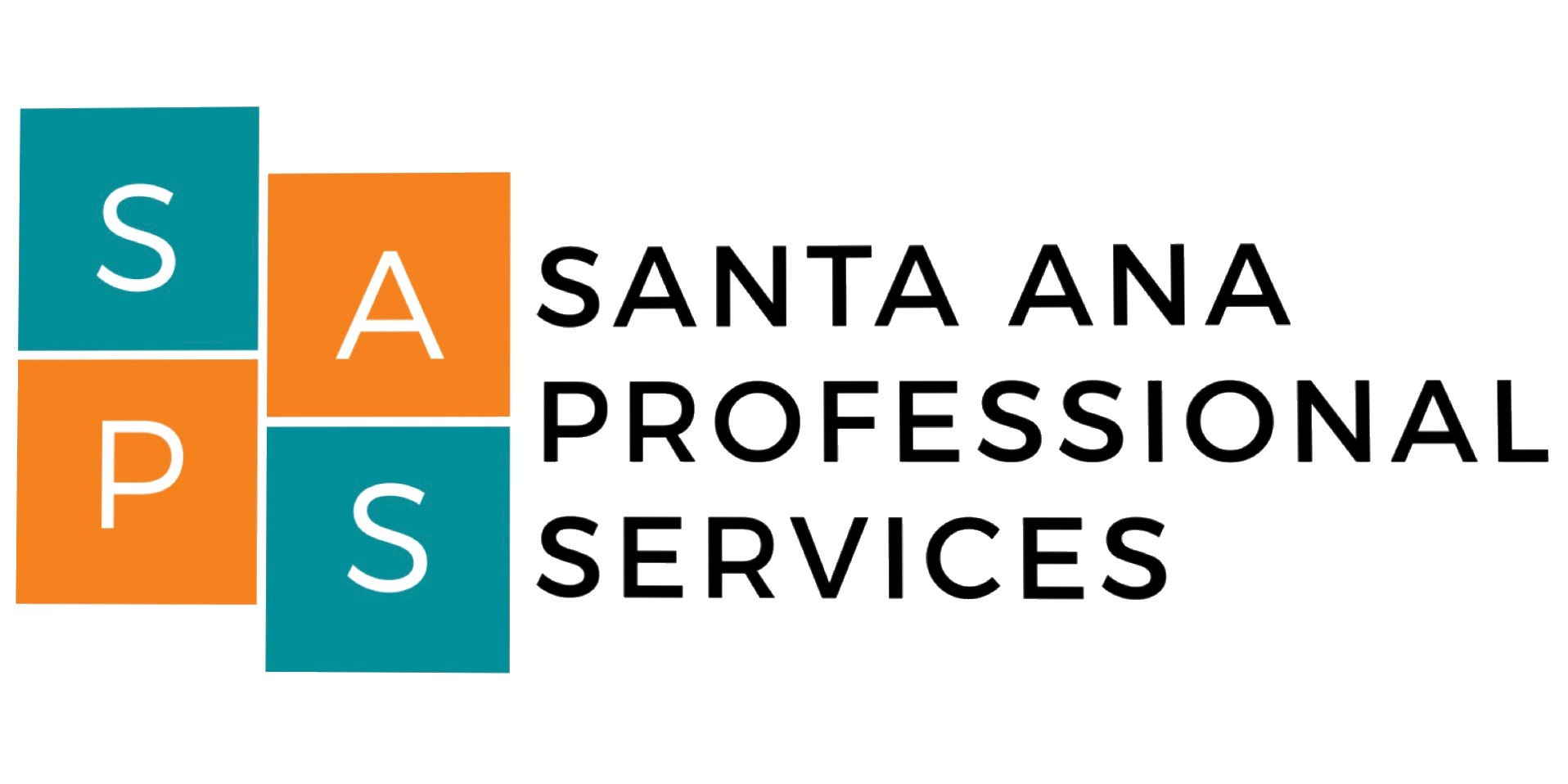The Responsibilities of a Board Member
A well-researched, knowledgeable, and skilled aboard member is mostly a cornerstone of any excellent not for profit organization. These individuals understand and have deep knowledge of the organization’s objective, programs, insurance policies, and needs. In addition they possess specialist leadership abilities and diplomacy. Ultimately, this skill set allows those to effectively and ethically take care of the tasks in front of you, including overseeing organizational resources, ensuring fiduciary responsibility, and maintaining privacy about interior organizational affairs.
While these types of responsibilities can vary by industry, all planks are responsible for the purpose of meeting three specific primary legal responsibilities:
Duty of Obedience
The board must be sure that the try this out organization conforms with regulations that govern it. This could include devotion to federal, state, and local requirements. Additionally, it extends to the organization’s own bylaws and legal organizing paperwork, such as content articles of use, and applications for tax-exempt status.
Job of Attention
The Plank must respond with prudence and care, considering all information reasonably designed to it. This duty requires that the board considers risks, potential disputes of interest, and all other relevant factors before choosing action.
The board is in charge of identifying and assessing the skills of additional members and making sure the board overall has the essential expertise to achieve its operate. It is also accountable for recruiting and orienting new members, and with providing ongoing training in best practices. It is also a aboard member’s responsibility to advertise the organization for the community, also to speak very well of it to media associates and government bodies. This responsibility tends to come naturally for the most passionate of board individuals and is an essential component of your open public brand.
